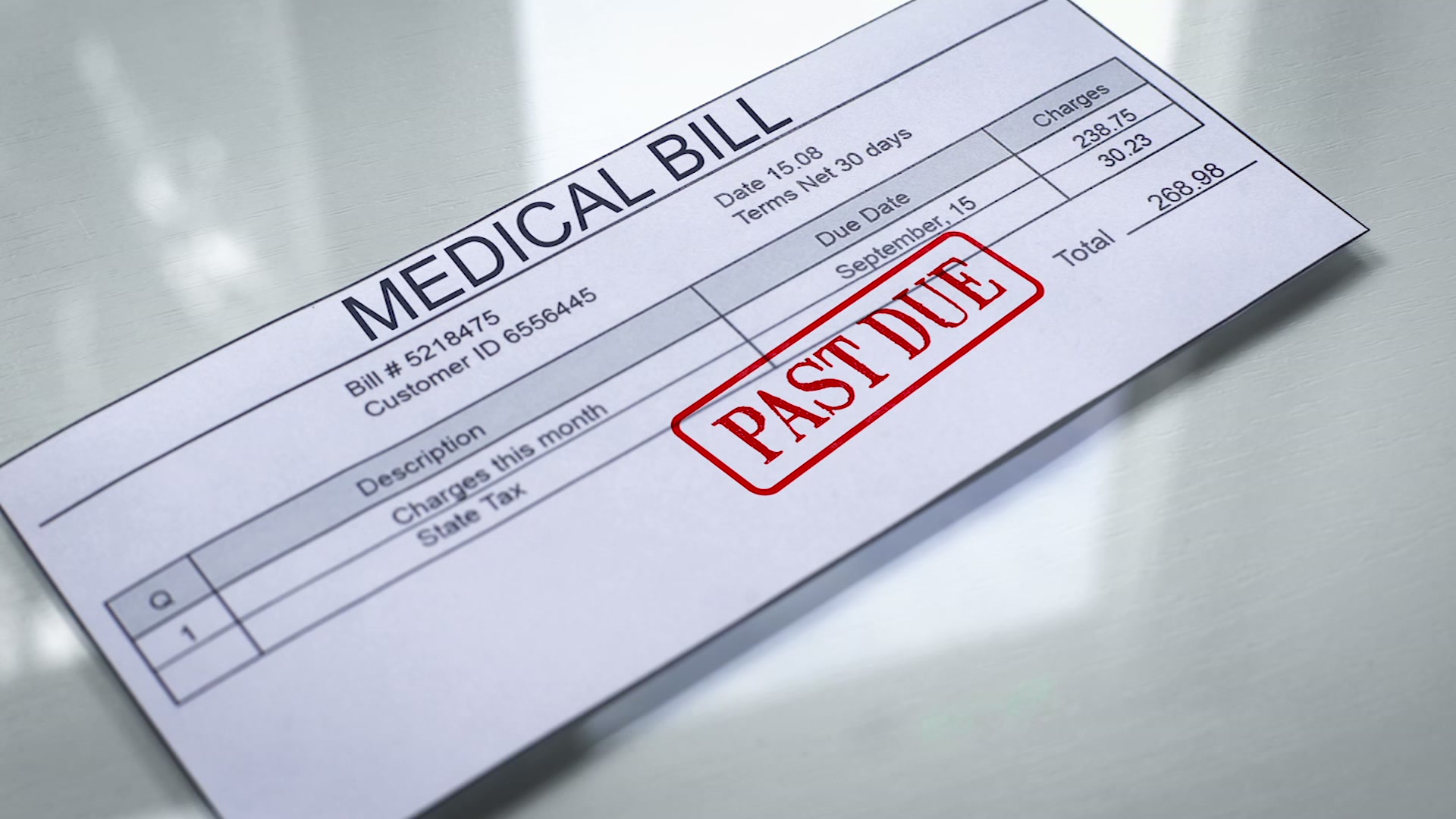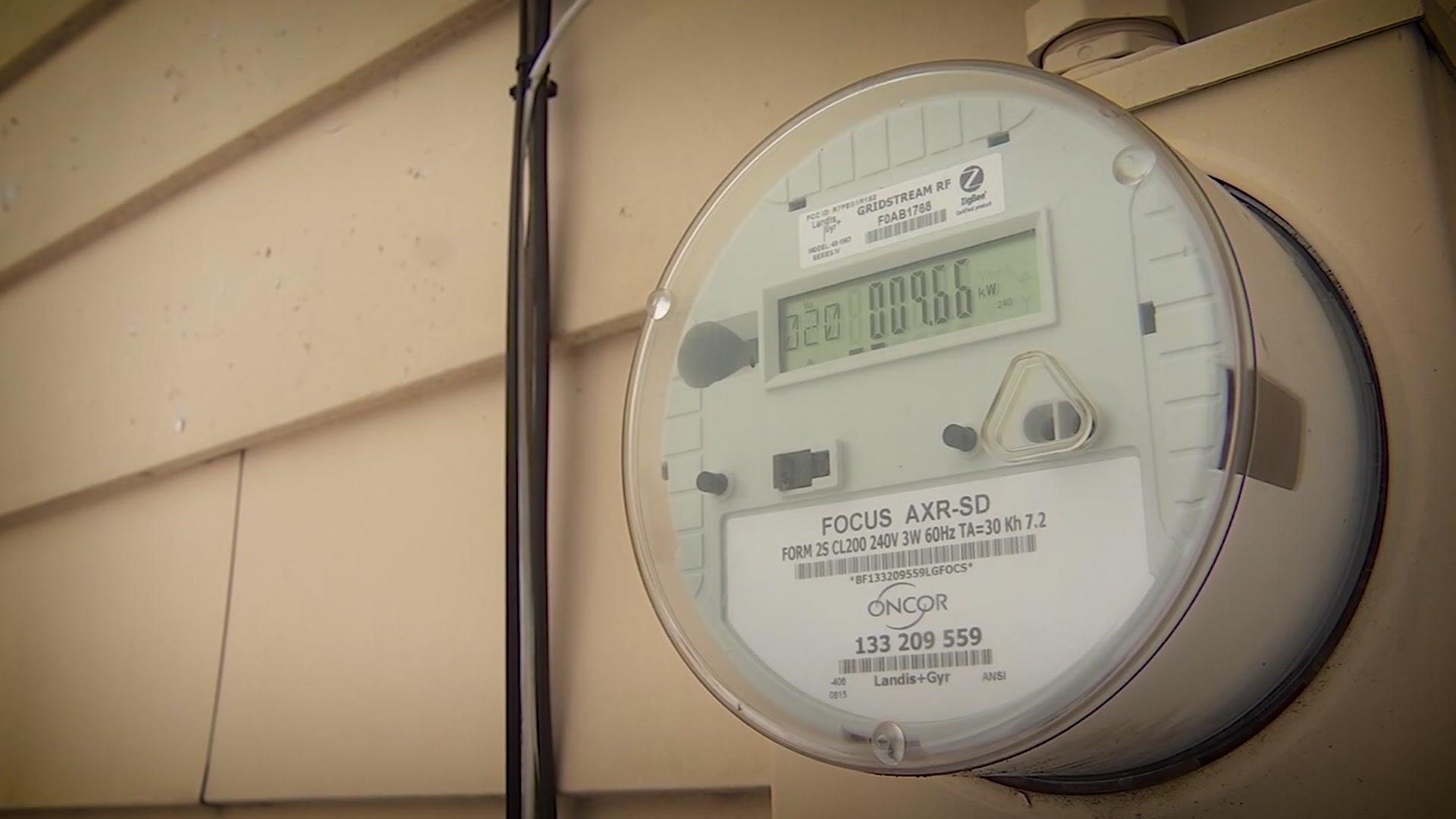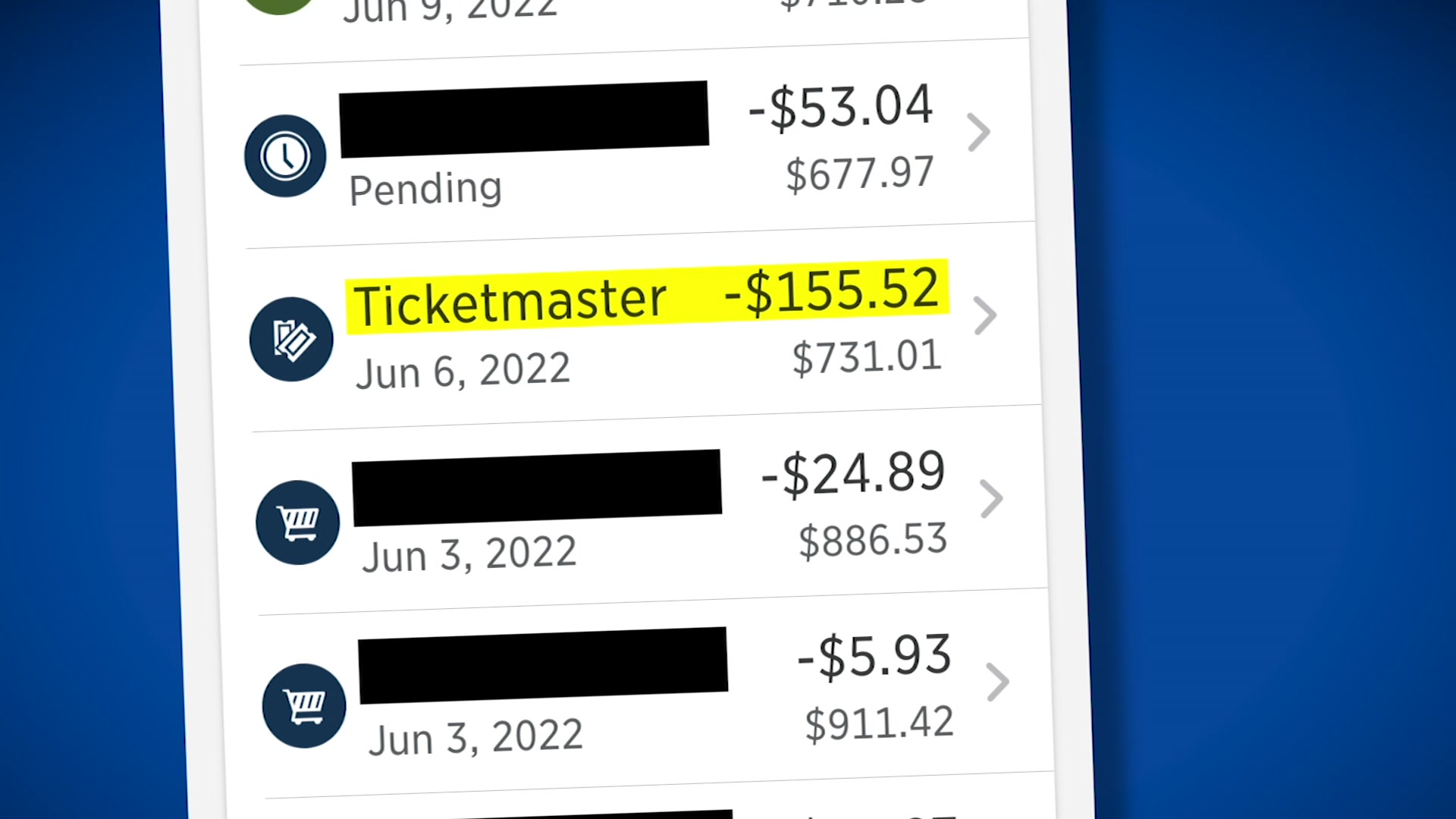Inflation has many of you revisiting your budgets and thinking about your credit score. Read on if you’re working to increase your credit score.
STATE AVERAGE
In the great big state of Texas, one little number could be better for the average Texan.
According to the travel website Upgraded Points, Texas has one of the lowest average credit scores at 674. Five Texas cities made its ranking of the top ten worst cities to boost your credit score.
Get DFW local news, weather forecasts and entertainment stories to your inbox. Sign up for NBC DFW newsletters.
“Houston, El Paso, Dallas, San Antonio and Austin making the top ten worst cities to boost your credit score list,” said Jillian Fellows with Upgraded Points.
The ranking considered factors including interest rates, cost of living index, average credit card debt, mean credit score, minimum wage, per capita personal income and the unemployment rate.
“If your city fell into this top ten worst cities list, I would not panic or sound the alarm,” said Fellows. “I think that you can boost your credit score no matter where you live.”
NBC 5 RESPONDS
SMALL STEPS
Sara Rathner with NerdWallet said consumers can start improving their credit by paying their credit card balance every month or more often to keep the balance low.
“One of the factors that goes into your credit score calculation is called credit utilization. That is the percentage of your overall credit limit, which could be across multiple cards that you use every month,” explained Rathner.
Rathner recommends using no more than 30% of your credit limit.
“You can make smaller payments throughout the month before your due date. That might be easier on your budget and it also helps keep your credit utilization lower overall, which can be good for your credit score,” Rathner said.
If you got a new job or it’s been a while since you’ve talked to your credit card company about increasing your limit, consider asking for an increase.
“If you are granted that extra limit and you don't spend any more money, it can be good for your credit over time,” said Rathner.
NBC 5 RESPONDS
CREDIT REPORT REVIEW
Federal law entitles you to a yearly free copy of your credit report from each of the big three credit bureaus. During the pandemic, you’re entitled to see your credit report every week through the end of 2022.
Head to this website which takes you to each of the three credit bureaus. You won’t get your score, but you can look for errors.
Sometimes mistakes will alert you to identity theft. Or, you may see a financial institution reporting incorrect information to the credit bureaus – like a late payment you know you paid on time.
You’ll want to dispute any errors by contacting the credit reporting bureau and the company that provided the information.
You can read more about how to do that here.
The Consumer Financial Protection Bureau offers sample letters you can use to dispute credit report information here.
Rathner said if you continue to pay bills on time, make debt payments and use future credit carefully, consumers can see results.
“When you're working to improve your credit score, it can take a couple of months to begin to see the fruits of your labor,” said Rathner.
As of July 1, medical debt that had gone to collections but had been paid off will no longer appear on your credit report. Unpaid medical debt that's in collections will not appear on your report until it's been a year, giving consumers more time to work with providers and insurance companies.
NBC 5 Responds is committed to researching your concerns and recovering your money. Our goal is to get you answers and, if possible, solutions and a resolution. Call us at 844-5RESPND (844-573-7763) or fill out our customer complaint form.
Get DFW local news, weather forecasts and entertainment stories to your inbox. Sign up for NBC DFW newsletters.






